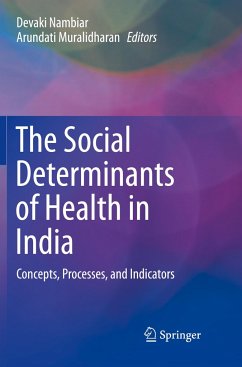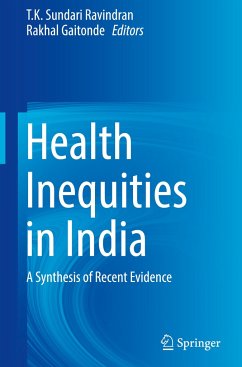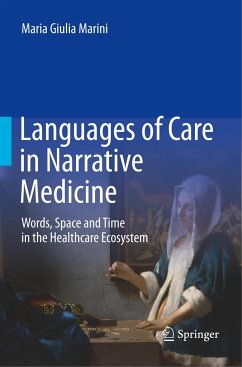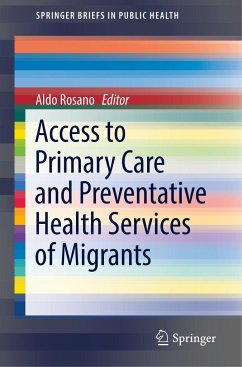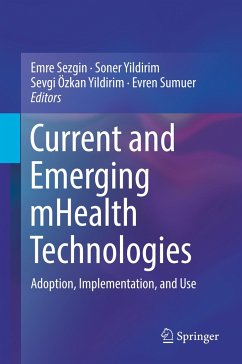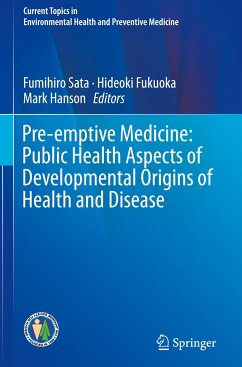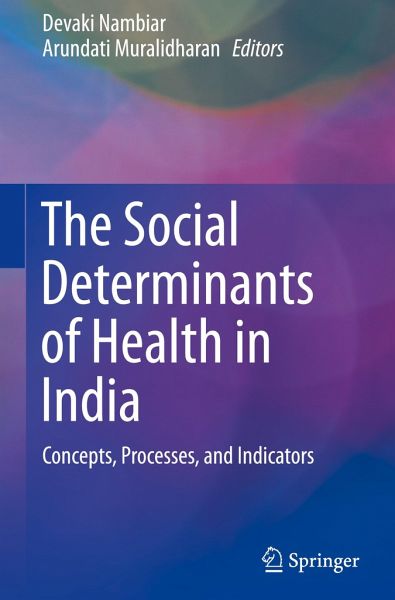
The Social Determinants of Health in India
Concepts, Processes, and Indicators
Herausgegeben: Nambiar, Devaki; Muralidharan, Arundati

PAYBACK Punkte
38 °P sammeln!
Drawing from the work of academics and practitioners from ten states across the country, this edited volume showcases and synthesises the diversity and richness of efforts to understand and act on the social determinants of health in India, the conditions in which we are born, grow, live work and age. Such an effort is salient in the current era of Sustainable Development Goals (SDG), which have foregrounded the issue of equity and the need for a comprehensive, multi-sectoral agenda for health and development. In India, particularly in the last decade, there have been myriad efforts to more cr...
Drawing from the work of academics and practitioners from ten states across the country, this edited volume showcases and synthesises the diversity and richness of efforts to understand and act on the social determinants of health in India, the conditions in which we are born, grow, live work and age. Such an effort is salient in the current era of Sustainable Development Goals (SDG), which have foregrounded the issue of equity and the need for a comprehensive, multi-sectoral agenda for health and development. In India, particularly in the last decade, there have been myriad efforts to more critically theorise and intervene in areas with bearing on health, like conflict, nutrition or urbanisation, or to address the concerns of vulnerable groups like women, children and the elderly. From these efforts emerge lessons of convergence for academic and policymaking institutions in India who are looking to operationalise and bring life to the SDG agenda in India and other Low and Middle Income Country settings. The book comprises eleven chapters and six short commentaries that appear in conversation with each other, as well as an annexure of validated, ready-to-use indicators for monitoring of social determinants of health.



